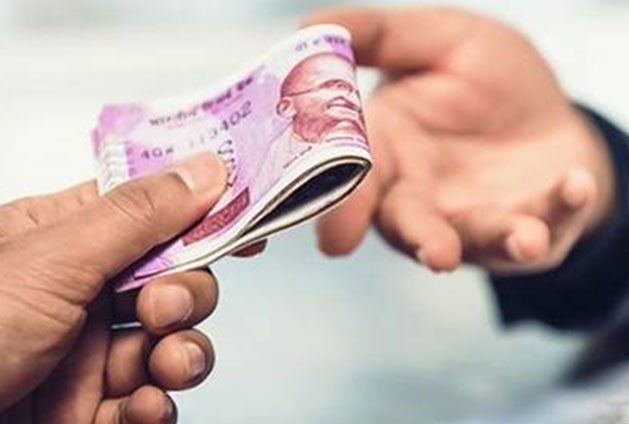ARE WE HOBBESIAN ( Culture of Self Interest )?
While every caution has been taken to provide my News Letter readers with most accurate information and honest analysis, please use your discretion before reaching any conclusions, after reading the below. When I came across this article, I found it thought provoking and hence have shared it with you. I have no intent to hurt religious sentiments or our ancient culture or history. By reading the article you agree not to sue me for any reason as I have not authored it. Batteries not included, do not read while driving motor vehicle or operating any equipment, do not store above 50deg Celsius and importantly do not try this at home.
ARE WE HOBBESIAN ( Culture of Self Interest ) ?
- Corruption in India is a cultural aspect.
- Indians seem to think nothing peculiar about corruption. It is everywhere…
- Indians tolerate corrupt individuals rather than correct them.
- No race can be congenitally corrupt.
- But can a race be corrupted by its culture?
- To know why Indians are corrupt, look at their patterns and practices.

First
- Religion is transactional in India.
- Indians give God cash and anticipate an out-of-turn reward.
- Such a plea acknowledges that favors are needed for the undeserving.
- In the world outside the temple walls, such a transaction is named- “bribe”.
- A wealthy Indian gives not cash to temples, but gold crowns and such baubles.
- His gifts cannot feed the poor. His pay-off is for God. He thinks it will be wasted if it goes to a needy man.
- India’s temples collect so much that they don’t know what to do with it. Billions are gathering dust in temple vaults.
- Indians believe that if God accepts money for his favors, then nothing is wrong in doing the same thing. This is why Indians are so easily corruptible.
- Indian culture accommodates such transactions morally.
- There is no real stigma. An utterly corrupt politician can make a comeback, just unthinkable in the West.

Second
- Indian moral ambiguity towards corruption is visible in its history.
- Indian history tells of the capture of cities and kingdoms after guards were paid off to open the gates, and commanders paid off to surrender.
- It is striking how little Indians have actually fought compared to ancient Greece and modern Europe. The Turks’ battles with Nadir Shah were vicious and fought to the finish.
- In India fighting wasn’t needed, bribing was enough to see off armies. Little resistance was given by the Indians at the “Battle” of Plassey. Clive paid off Mir Jaffar and all of Bengal folded to an army of 3,000.
- There was many a time, a financial exchange to taking Indian forts.
- Golconda was captured in 1687 after the secret back door was left open.
- Mughals vanquished Marathas and Rajputs in many battles with nothing but bribes.
- The Raja of Srinagar gave up Dara Shikoh’s son Sulaiman to Aurangzeb after receiving a bribe.

Question is
Why Indians have a transactional culture while many other ‘civilized’ nations don’t?
Third
- Indians do not believe in the theory that they all can rise if each of them behaves morally
- Their caste system separates them.
- They don’t believe that all men are equal.
- This resulted in their division and migration to other religions.
- Many have started their own faiths
- The result is that Indians don’t trust one another.
- Like some would like to say, there are no Indians in India, there are Hindus, Christians, Muslims etc.This division evolved an unhealthy culture.
- The inequality has resulted in a corrupt society
- Indians forget that 400 years ago they all belonged to one faith.
IN INDIA, EVERYONE IS THUS AGAINST EVERYONE ELSE, EXCEPT GOD AND EVEN HE MUST BE BRIBED








